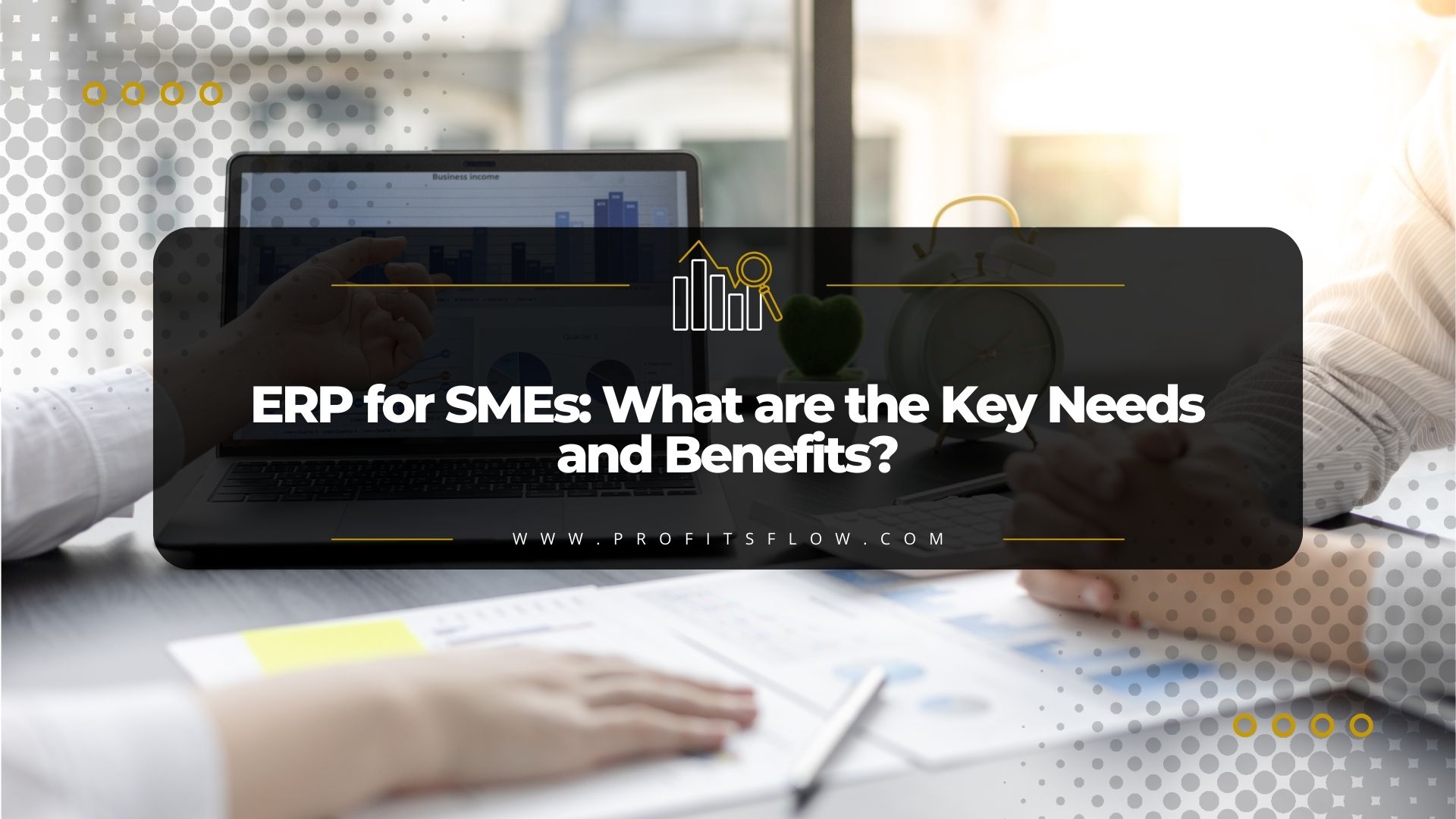For small businesses striving to grow and compete in today’s dynamic market, Enterprise Resource Planning (ERP) software can be a game-changer. Often seen as a tool for large corporations, ERP systems are increasingly designed to address the unique challenges and needs of small businesses. This blog explores ERP for SMEs and what it can offer, and how it can help streamline operations, save costs, and drive growth.
Understanding the Needs of Small Businesses
Small businesses face several operational challenges that ERP software can address effectively:
- Disconnected Systems
Small businesses often rely on separate tools for accounting, inventory, HR, and customer management. This siloed approach leads to inefficiencies, errors, and wasted time.
- Limited Resources
With tight budgets and lean teams, small businesses need tools that enhance productivity without requiring significant investments in manpower or IT infrastructure.
- Growing Complexity
As businesses expand, managing inventory, tracking sales, and handling customer relationships becomes increasingly complex. A lack of cohesive systems can hinder growth.
- Data Visibility
Small business owners often struggle to get real-time insights into their operations, making it harder to make informed decisions quickly.
How ERP Software Meets These Needs
ERP software centralises business processes into one integrated system, offering a solution to the challenges above. Here’s how:
– Unified Operations
ERP eliminates the need for multiple disconnected tools by combining core business functions into a single platform. From sales to finance, all departments work in sync.
– Automation
Routine and repetitive tasks—like payroll, invoicing, and inventory updates—are automated, saving time and reducing errors.
– Real-Time Data
An ERP system provides a unified database that updates in real-time, giving business owners a clear, up-to-date view of their operations.
– Cost-Effective Growth
By streamlining processes and improving efficiency, ERP systems allow businesses to scale without proportional increases in cost or complexity.
Key Benefits of Implementing ERP Software
The decision to adopt ERP software is an investment in the future of your small business. Here are the most impactful benefits:
- Enhanced Efficiency
ERP automates routine tasks and reduces manual intervention, enabling your team to focus on value-added activities.
- Improved Decision-Making
With accurate, real-time data, business owners can make smarter, faster decisions. Insights from ERP systems empower businesses to optimise inventory, manage cash flow, and plan for growth.
- Better Customer Service
Integrated CRM capabilities in specific solutions such as EFACS E/8 ensure that customer data is always up to date. This allows for faster response times and personalised service.
- Scalability
ERP systems grow with your business. As your needs evolve, you can add modules or features without starting from scratch.
- Regulatory Compliance
Many ERP systems include tools to manage taxes, track expenses, and ensure compliance with regulations, reducing the risk of costly penalties.
- Cost Savings
By streamlining operations and reducing errors, ERP for SMEs in particular deliver long-term cost savings, often outweighing the initial investment.
ERP software isn’t just for big corporations anymore. ERP for SMEs offers a way to streamline operations, save costs, and build a foundation for growth. By addressing key needs—such as disconnected systems, limited resources, and data visibility—ERP systems empower businesses to operate more efficiently and respond to market demands with agility.
If your business struggles with inefficiencies or wants to scale sustainably, implementing ERP software might be the strategic move you need. It’s not just a tool—it’s an investment in your business’s future.
